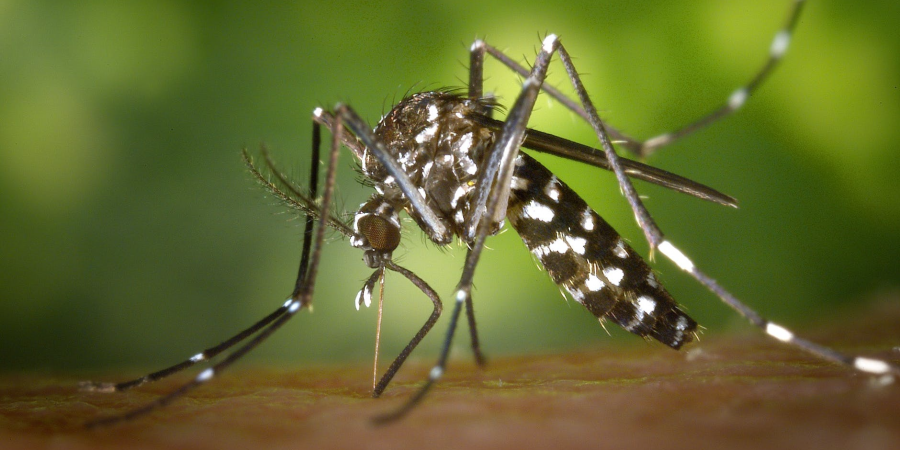

Mosquitoes, seemingly inconspicuous creatures, wield a significant impact on the global stage. These tiny insects, belonging to the family Culicidae, are notorious for their itchy bites and, more critically, their role as vectors for various diseases. This article explores the biology, ecology, and the far-reaching consequences of mosquitoes in a world that grapples with their presence.
**Biology and Lifecycle:**
Mosquitoes undergo a four-stage lifecycle: egg, larva, pupa, and adult. Their aquatic breeding sites range from stagnant water in puddles to more extensive habitats like ponds. The females typically lay eggs on the water's surface, and upon hatching, the larvae feed on microorganisms. As pupae, they undergo a transformative stage before emerging as adults. While mosquitoes exhibit a short lifespan, their reproductive capabilities are remarkable, contributing to their prolific presence.
**Disease Vectors:**
The most alarming aspect of mosquitoes is their role in disease transmission. A variety of pathogens, including parasites and viruses, utilize mosquitoes as vectors to infect humans and animals. Malaria, caused by the Plasmodium parasite, is perhaps the most well-known mosquito-borne illness, affecting millions worldwide. Additionally, mosquitoes transmit diseases like dengue fever, Zika virus, West Nile virus, and chikungunya, making them a significant public health concern.
**Global Impact:**
The impact of mosquito-borne diseases extends far beyond individual suffering. Societies and economies bear the brunt of healthcare costs, reduced productivity, and in severe cases, fatalities. Developing countries, often lacking robust healthcare infrastructure, are disproportionately affected. The burden of diseases like malaria perpetuates a cycle of poverty, hindering social and economic development.
**Ecological Role:**
Surprisingly, mosquitoes play a role in ecosystems. As both pollinators and prey for various species, they contribute to the intricate web of life. However, the negative consequences of their presence often outweigh these ecological contributions, leading to ongoing debates about the potential consequences of mosquito control measures on local ecosystems.
**Control Strategies:**
Efforts to control mosquito populations range from personal protective measures, such as the use of insect repellent and bed nets, to large-scale interventions. Insecticides, biological control agents like mosquito larvae-eating fish, and genetic modifications to render mosquitoes incapable of transmitting diseases are among the strategies employed. However, these methods face ethical and environmental challenges, underscoring the complexity of managing mosquito populations.
**Emerging Technologies:**
Advancements in genetic engineering have given rise to innovative approaches in mosquito control. Techniques like gene editing, specifically CRISPR-Cas9, offer the possibility of altering mosquito genomes to reduce their ability to transmit diseases. While promising, these technologies also raise ethical concerns and require careful consideration before widespread implementation.
**Conclusion:**
Mosquitoes, though diminutive, exert a colossal influence on human health and global ecosystems. The ongoing battle against mosquito-borne diseases requires a multi-faceted approach, encompassing scientific innovation, public health initiatives, and international cooperation. As we navigate this intricate relationship with mosquitoes, the pursuit of effective and ethical solutions remains crucial in mitigating the far-reaching impact of these tiny yet formidable creatures.
